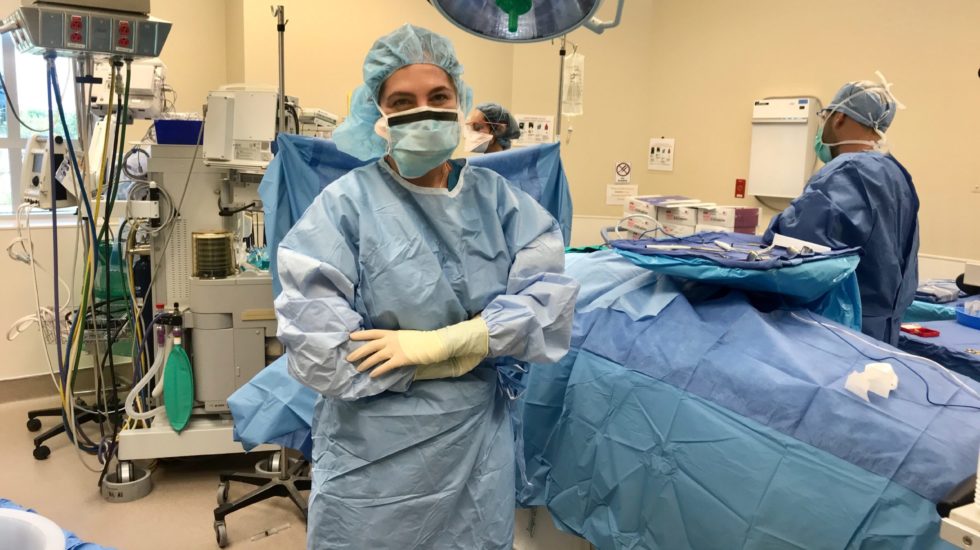Doctors are being forced to make some excruciating decisions, many forced to cancel elective surgeries, but what is considered elective? Beyond elective surgeries, how do you prioritize patients in need with a lack of ICU beds? In a report from The Telegraph earlier this week, a document prepared by a crisis management unit in Italy set up “a protocol… that will determine which patients receive treatment in intensive care and which do not if there are insufficient spaces.”
One doctor said: “[Who lives and who dies] is decided by age and by the [patient’s] health conditions. This is how it is in a war.”
The doctors here in the U.S. are also grappling with true life and death decisions. With her permission, Dr. Starr Mautner, a breast surgical oncologist at The Miami Cancer Institute (in Miami, Florida) shared this with News & Guts. It gives us a personal insight into how taxing this crisis is for our nation’s doctors, both physically and mentally.
Off to work I go…
Everyone else, please stay home!
As a surgical oncologist, I was asked to start canceling my elective surgeries this week. This means patients with benign breast disease and those who were supposed to have prophylactic surgery will need to be rescheduled. It also means that I need to take a look at each patient who has breast cancer and decide if they can wait at least another month to have their surgery- some can and some should not.
These are the difficult choices I am being asked to make. However, I feel lucky that I am not an intensivist. Doctors in the ICU will be making the very difficult decision of who gets a bed and who is more likely to recover on a ventilator. Faced with a 50-year-old man who just had a heart attack versus a 75-year-old man who was just diagnosed with coronavirus, who do you think they will choose?
These are unprecedented times. Healthcare workers are on the front lines (many without the proper protective gear) and are at the most risk for exposure and severe disease. I am worried about my friends, my family, and my colleagues.
Yes, we are all likely to get this disease at some point and one day it may just be equivalent to getting the flu. However, what we are trying to avoid is everyone getting this disease at the same time because that will be a disaster.
Please, stay home, and try to enjoy the extra time with your family and appreciate the fact that you are in good health and are safe, and eventually, this will pass.



